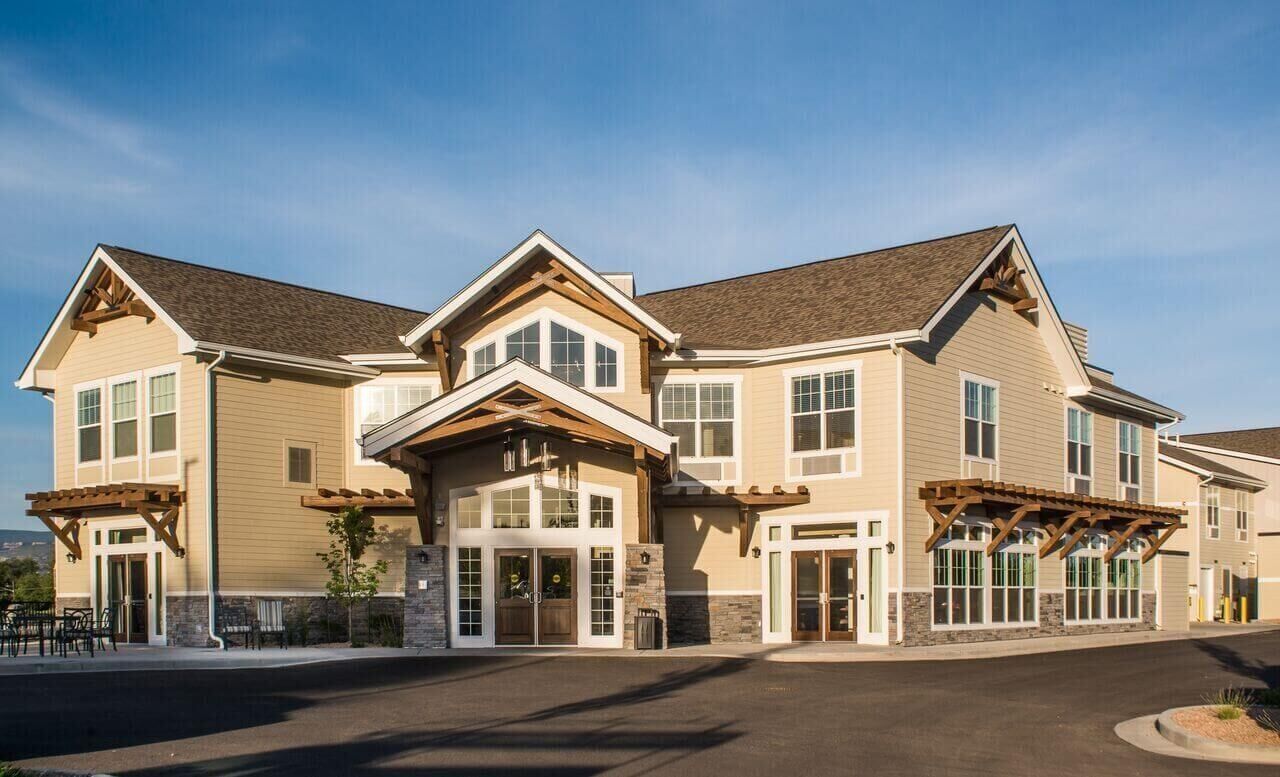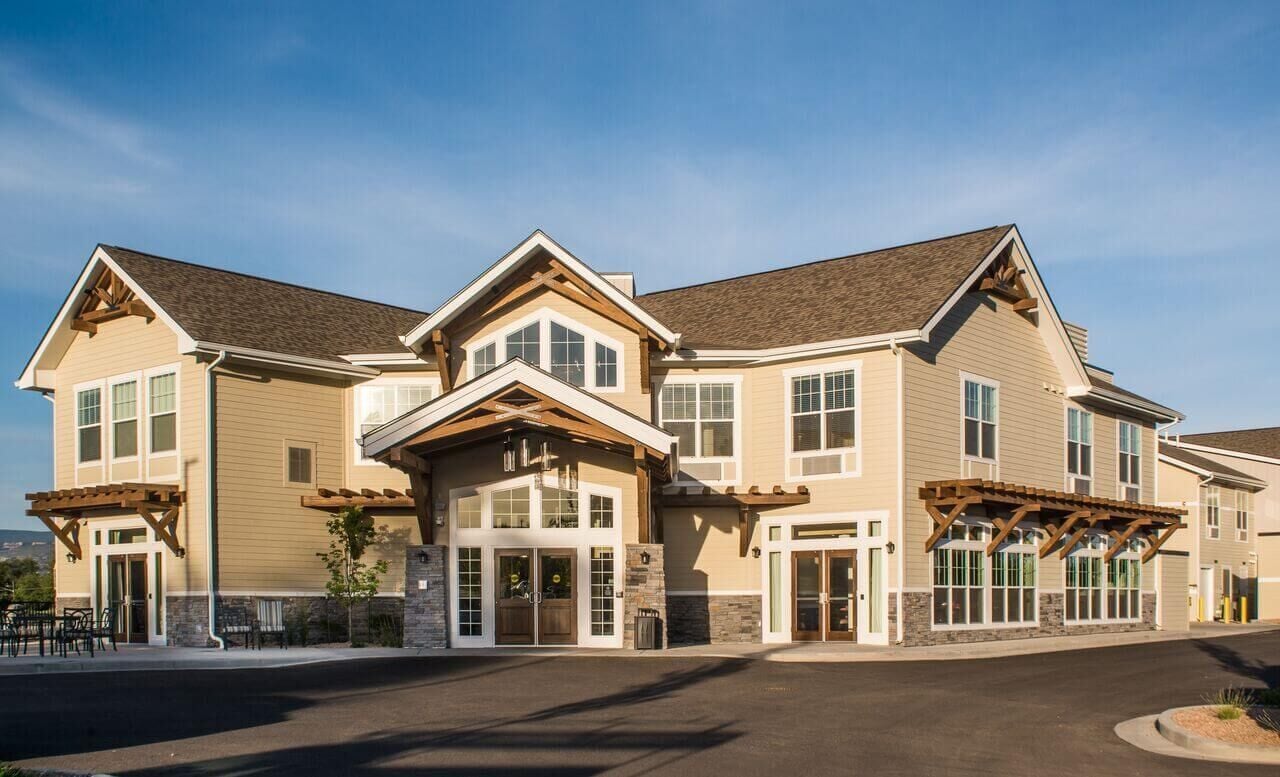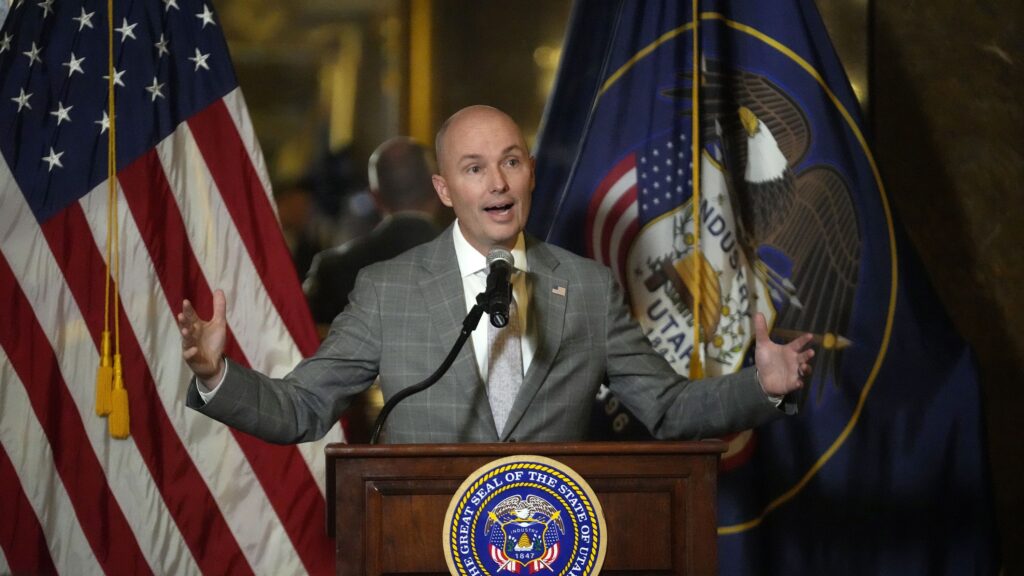State health board passes heavier fines for assisted living abuse cases

The Colorado Board of Health on Wednesday voted unanimously to adopt new, stricter regulations that could increase fines dramatically against assisted-living facilities in cases of preventable death or the serious neglect or abuse of residents.
Final approval of the often contentious rule came nearly 18 months after a law to impose stricter fines was passed by the General Assembly on May 25, 2022. Gov. Jared Polis signed it into law eight days later.
The new regulations will go into effect in January.
Under Senate Bill 154, the maximum fine for facilities found to have severe deficiencies that leads to the death or serious harm to residents will increase to as much as $10,000 per incident, with the ability to go even higher if the circumstances are considered especially egregious.
Currently, the maximum fine against a facility is $2,000 per year no matter how many violations are found or how serious they are. One national advocate for assisted living residents and their family has called Colorado’s current system of fines “absurd.”
Other elder care advocates have similarly decried the lack of accountability after a tragedy and said that without more meaningful penalties to facilities, there is no incentive to improve conditions.
The Gazette has published a series of stories this year looking at the number of preventable deaths at long term care facilities in the state, including assisted living, and the lack of consequences that followed.
The Gazette found that there have been at least 110 documented deaths classified by the state as “unexplained or suspicious” at Colorado assisted-living facilities between Jan. 1, 2018, and Oct. 28, 2022, according to state records. The records come from mandatory self-reporting by facilities.
But in fact, that is an undercount. The Gazette’s investigation uncovered three dozen more deaths that were classified as something other than death in the state records or never reported by facilities.
The Gazette also found that even after some of the most horrific tragedies across the state, fines to some facilities were zero. They included a case where staff missed multiple safety checks on an elderly resident with dementia before she was discovered more than 12 hours later frozen to death in the backyard bushes. In another, there was no fine against a facility when an elderly resident died after not getting his medication for days, including missing nine days of overnight oxygen.
When SB 154 was first introduced in spring 2022 by state Sen. Jessie Danielson, a Democrat from Jefferson County, she advocated removing all caps on fines for maximum accountability.
But the no-limit proposal was met with swift and vehement opposition from the assisted living industry, saying it was too punitive and would drive smaller homes out of business. Some opponents also argued that there was no real proof that higher fines led to better compliance by facilities.
Ultimately, Danielson revised her legislation, which later passed into law, setting a maximum cap on fines for the most serious violations at $10,000 with a provision that the state could impose an even higher fine if circumstances warranted.
In its final form, after months of wrangling, the law allows for a range of fines from $2,000 to $10,000 for the most serious violations, keeping the possibility of a higher fine if the violation is considered especially egregious although it remains unclear what would trigger such a fine.
Pushback from the industry has followed the measure from the beginning and was again present at Wednesday’s hearing.
Janet Cornell, speaking for the Colorado Assisted Living Association, said she is worried that there is potentially no ceiling on fines and that enforcement by the state is subjective.
“I’m worried there are no boundaries,” she said.
Sherrie Bonham, an administrator at Applewood Our House in Lakewood, also voiced concerns and asked for a delay in implementation to assist in educating the industry.
But Elaine McManis, director of health facilities and emergency medical services division for the Colorado Department of Health and Environment, which oversees regulation and enforcement of facilities, reassured the board that an appeal process for facilities is part of the law.
She added that leeway would likely be given if it appears facilities are trying to correct problems or do not have a history of deficiencies. The goal, she said, is to help bring cooperative facilities into compliance, not immediately punish them.
Danielson said Wednesday she is pleased that the law to help protect those in assisted-living facilities is finally cleared to become law.
“It’s been a long road,” she told The Gazette. “I just hope the state uses it.”














